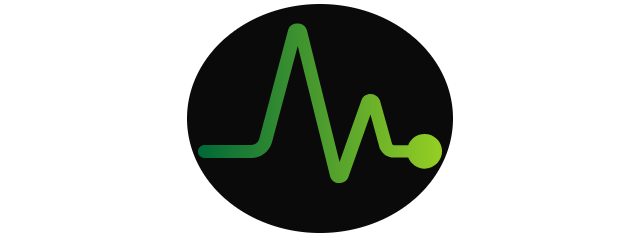
By: Debbie Moore-Black, RN
Today. Finally, a day off.
I could oversleep, roll out of bed, then make a pot of coffee — and prepare for a “do nothing” day.
But today is the day.
After dealing with more electrical problems on this 160,000-mile-plus car, I will say goodbye, turn in the keys, and walk away.
This car holds memories: Taking the kids to the beach. Driving to our last trip to the mountains. My best friend’s Miami wedding. Taking our kids back to college.
I’ll say goodbye to the other baggage, too: Watching my now-deceased husband back out of the driveway to anxiously go on another trip out of town to meet with his business partner/lover. Another speech to convince me, “it’s just business.” Another trip to the airport to watch him leave again to England to meet with health care officials to plan health care educational films with her.
And then there are the memories of pictures splashed across social media of the two of them snuggled up in the backseat of a taxi. Memories of the trip he took to Boston to meet his work crew. His business buddies. And her. And then more pictures of them toasting their glasses of wine at a restaurant.
Their smiles flashed before me as I worked my 60-hour week to afford nice clothes for our kids, nice vacations, and college for all three — to finally buy a lovely house and leave behind that dilapidated two-bedroom mobile home.
And then, there was that other trip he couldn’t wait to go on. Only he held onto a dark secret — excruciating abdominal pain. No one knew because he wanted to make that trip to see her. All in the name of “business.”
We all found out later that my husband suffered severe abdominal pain silently until he couldn’t take the pain anymore. We all found out later that he had liver and pancreatic cancer.
I drove him to the hospital over and over again in that car — for appointments to the surgeon, oncologists, pain control physicians, the hospital, and emergency rooms for his two heart attacks. I have the memories of “I’m not having a heart attack. Leave me alone and mind your own business,” to “Would you take me to the hospital … again?” to his funeral.
That trip was his final destination in the mountains. As the wind spread his ashes across the peaks, we all said the last goodbye.
This old car.
I tried to suppress the memories that it carried for me.
But today, I remove the anchor wrapped around my ankle that tried to sink me to the bottom of the ocean.
Today, I leave this car on the lot.
Today, I drive away — in a new car.
I open up the windows and breathe again.
………


